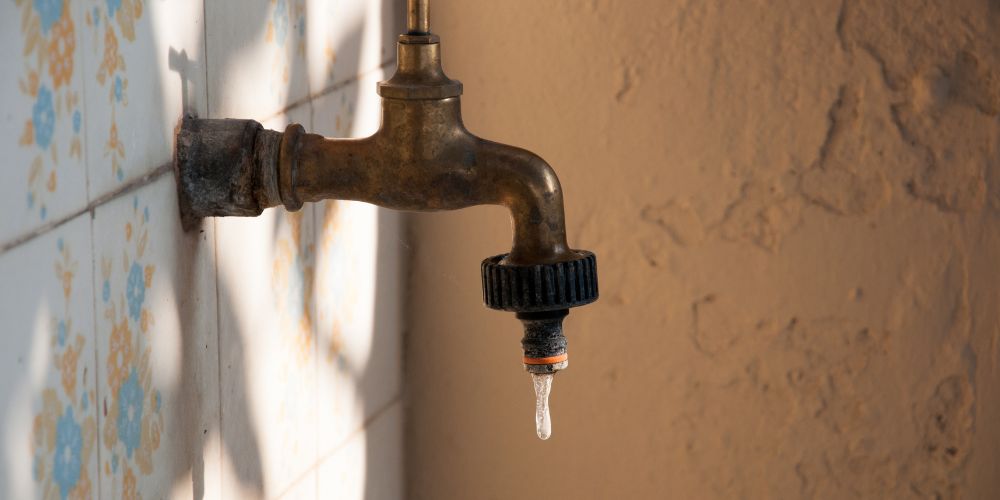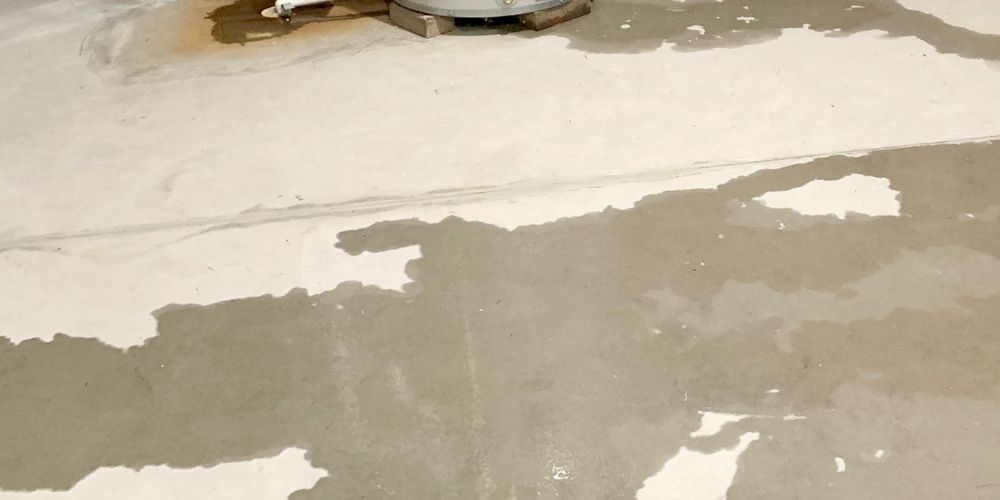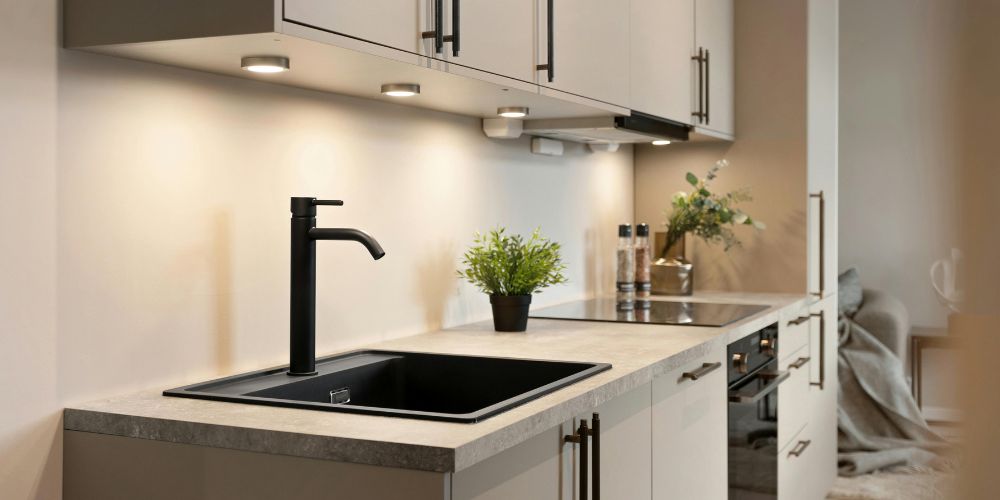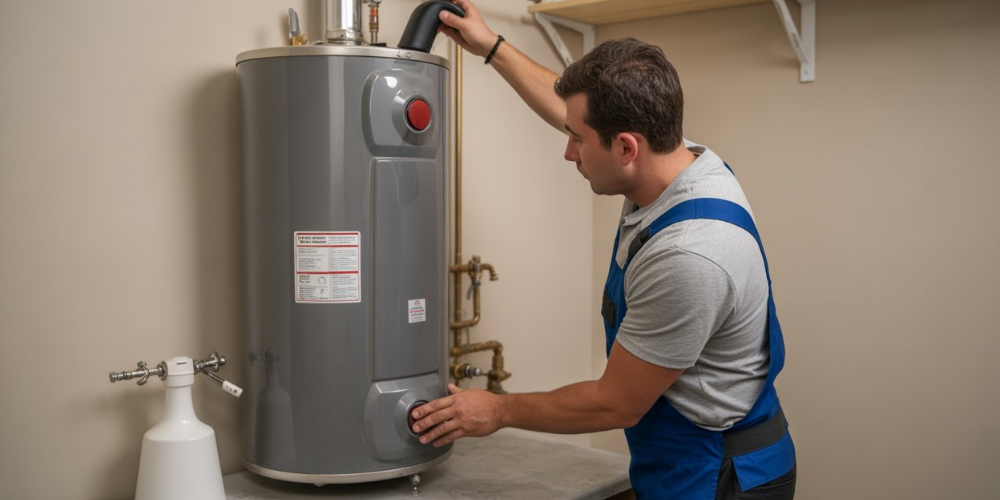Thinking about getting a water softener for your home? You’re not alone. Hard water can cause all sorts of problems—from scale build-up in your pipes to dry skin and spotty dishes. But before you invest in a water softener, it’s important to know both the benefits and the drawbacks. In this blog, we’ll break down the pros and cons so you can make the best choice for your home and budget. Let’s get into it!
What is a Water Softener?

A water softener is a system that helps treat hard water in your home by removing minerals like calcium and magnesium. These minerals are what make “hard water” and cause issues like scale buildup. The softener uses a process called ion exchange, where it swaps out these minerals with sodium or potassium ions, leaving you with softer, cleaner water.
Water hardness is measured in grains per gallon (gpg). One grain is about the same as 17.1 milligrams of calcium or magnesium dissolved in a liter of water.
- Soft water has less than 1 gpg,
- Hard water has more than 7 gpg.
To help you picture it: dissolving one aspirin (which is about 5 grains) in a gallon of water would equal 5 grains per gallon.
Sometimes, water hardness is measured in mg/L or ppm instead. If that’s the case, just remember:
1 gpg = 17.1 mg/L = 17.1 ppm.
What are the pros and cons of a water softener?
Using a water softener can offer many benefits for your home, skin, and appliances, but it’s also important to consider the downsides before making a decision. Below is a breakdown of the key advantages and potential drawbacks of installing a water softening system.

Pros of a Water Softener
- Healthier Skin and Softer Hair
Soft water is gentle on your skin and hair. Many people notice less dryness, irritation, and breakage when switching from hard to soft water. - Easier Cleaning
Soft water helps reduce soap scum and scale buildup in bathrooms and kitchens. You’ll find cleaning surfaces quicker and easier, and you may even use less soap and detergent overall. - Longer Appliance Lifespan
Water softeners help prevent scale deposits inside water-using appliances like washing machines, dishwashers, and water heaters. This not only protects them from damage but also boosts their efficiency and extends their lifespan. - Plumbing Protection
By reducing mineral buildup in pipes, soft water helps maintain better water pressure and lowers the risk of clogs and corrosion-related leaks over time. - Better Performance from Soaps and Detergents
Softened water allows soap, shampoo, and laundry detergent to lather and clean more effectively, which can save you money on cleaning products. - Improved Water Aesthetics
Some users report better taste and clarity in softened water, along with fewer water spots on dishes, glassware, and fixtures.
Cons of a Water Softener
- Added Sodium to Water
Salt-based water softeners work through ion exchange, which adds small amounts of sodium to your water. This might be a concern for individuals on low-sodium diets or those with certain health conditions. - Environmental Concerns
The regeneration process in salt-based systems releases brine (saltwater) into the wastewater, which can contribute to high salt levels in local water systems and impact the environment. - Initial and Ongoing Costs
Installing a water softener involves upfront costs for the system and installation, as well as ongoing expenses for salt refills, regular maintenance, and potential repairs. - Water Waste
During regeneration, water softeners can waste a noticeable amount of water, especially if not properly sized or maintained. - Regular Maintenance Required
To keep the system running smoothly, softeners need consistent upkeep, such as checking salt levels, cleaning the brine tank, and scheduling occasional service. - Doesn’t Filter Contaminants
Water softeners are designed to remove hardness minerals like calcium and magnesium, but don’t eliminate other contaminants such as chlorine, bacteria, or heavy metals. For full water treatment, a separate filtration system may be needed.
How Does a Water Softener Work?

Water softeners work by removing minerals like calcium and magnesium—two main causes of hard water—using a process called ion exchange. Inside the softener, tiny resin beads coated with sodium ions attract and hold onto these hard minerals, swapping them out for sodium. Over time, the beads get full and need to be cleaned. That’s when the softener goes through a regeneration cycle, flushing away the trapped minerals and recharging the resin with fresh sodium ions.
What’s the Difference between Hard Water vs. Soft Water?

Hard water is really common in the U.S., about 85% of homes across the country have it, according to the U.S. Geological Survey. The main difference between hard and soft water comes down to the amount of minerals—especially calcium and magnesium—dissolved in it. Hard water has a high concentration of these minerals, while soft water has very little. This difference affects everything from how well soap works to the lifespan of your plumbing and appliances.
In short, Hard water contains minerals that can cause build-up and make cleaning harder. Soft water, on the other hand, is gentler on your home, your skin, and your wallet.
How to choose the right water softener for your home?
Choosing the right water softener for your home involves more than just picking a model off the shelf. You’ll need to know how hard your water is, how much water your household uses daily, and what type of system fits your needs. From softener type and capacity to how it regenerates, each factor plays a role in how well it will perform and how much it will cost to operate over time.
Want to know more details about it? Continue reading, How to Choose a Water Softener?
Final Word
Water softeners can truly improve your home’s water quality, making everyday tasks easier while protecting your skin, appliances, and plumbing system. Of course, like any home investment, it’s important to weigh the pros and cons before making a decision. By understanding how they work and what to look for, you’re already one step closer to choosing the right solution.
Need help deciding which water softener is best for your home? Schedule a free consultation with our experts at PlumbSmart today. We’ll assess your water quality, recommend the best system for your needs, and handle professional installation from start to finish.





